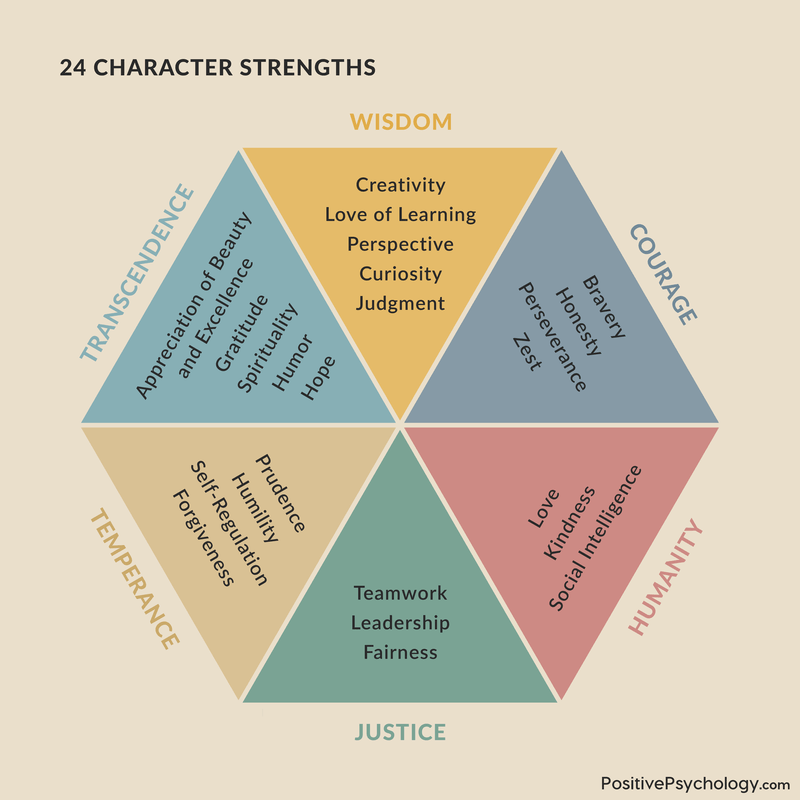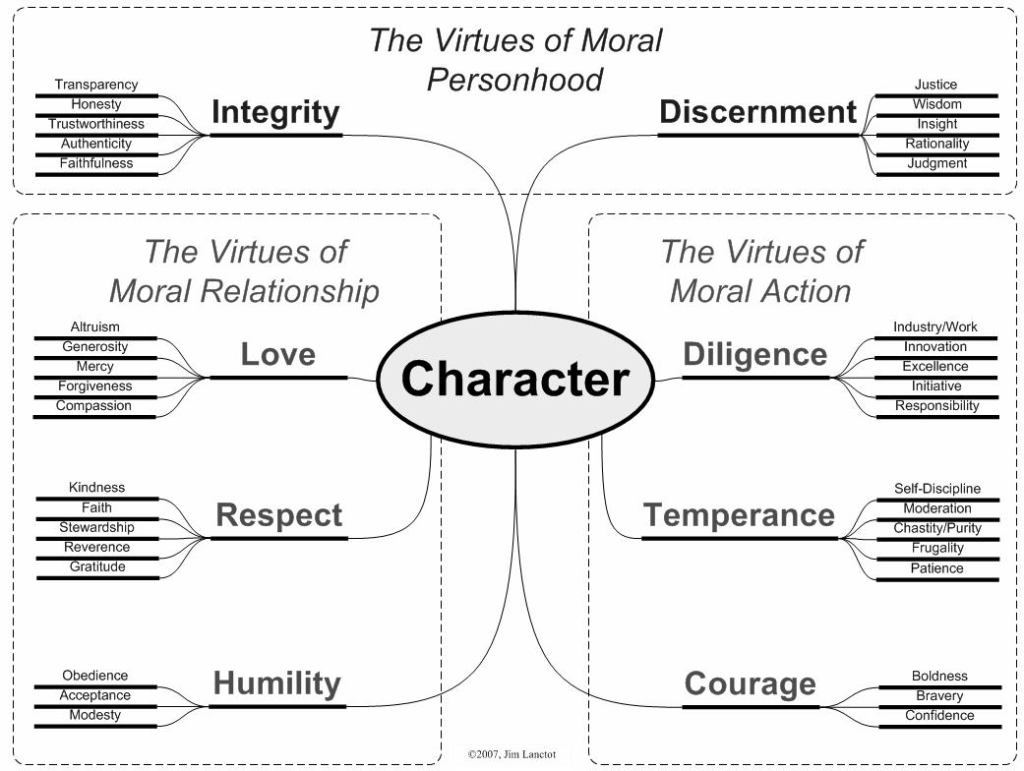
Wiki / Tugend
Inhaltsverzeichnis: (verbergen)

Ashoka Chakra, as depicted on |
|
Etymologisch bedeutete Tugend Stärke, magische Kraft. |
|
Der mexikanischer Autor, Schamane und Toltekenmeister Don Miguel Ángel Ruiz (*1952) war ursprünglich Chirurg.
Er lernte von seiner Mutter Sarita, einer curandera (Heilerin), und seinem Großvater, einem Schamanen. Berühmt wurde Ruiz mit seinem Buch Die vier Versprechen, im englischen Original ver-
Die vier Versprechen, dienen als Wegweiser, den Traum der Hölle in einen Traum des Himmels auf Erden zu verwandeln.
|
| Quelle: ► Miguel Ángel Ruiz (*1952) mexikanischer Toltekenmeister, Nagual-Schamane, Autor, Die vier Versprechen. Ein Weisheitsbuch der Tolteken, Ariston, 1. Auflage 15. Februar 2005 |

Gerechtigkeit, Weisheit (Klugheit), Mut (Tapferkeit), Bescheidenheit (Mäßigkeit)
40% Einfluss: Gene (Natur)
40% Einfluss: Verhalten / Erziehung (Kultur)
20% Einfluss: Freier Wille
|
Gedichte
Recommendations
Conclusions
Confucius describes rén (spoken jen) as humanity expressed in cardinal moral values. Rén means complete virtue.
''Fan Chi asked about humaneness. The Master said it is loving people.
Fan Chi asked about wisdom. The Master said it is knowing people."
Analects XII.22

|
Literary quotes
Poetry
|
| Source: ► Blog article The Virtue Continuum, presented by Eldon's Porch, 4. February 2016 |
| See also: ► Ethics |

| |||||||||||||||||||||||||||||||||||||||||||||||||||||||||
| See also: ► Seven deadly sins ⇔ Seven heavenly virtues |
| |||||||||||||||||||||||||||||||
| Source: ► Wang Fou, taoist, author, Brian Walker, translator, Hua Hu Ching. The Unknown Teachings of Lao Tzu, verse 66, HarperOne, San Francisco, 1995, Harper Collins, revised edition 4. August 2009 |
| See also: ► Lao Tzu and ► Consciousness-Tables and ► Sexuality and ► Tables I and ► Tao ► Three Daoist types of Yin ∞ Yang integration and sacred sexuality and ► Quotes on Karezza |
| ||||||||||||||||||
| Source: ► Don Miguel Ruiz miguelruiz.com (*1952) Mexican Toltec master, founder of the Sixth Sun Foundation, neoshamanistic, spiritualist author, The Four Agreements. A Practical Guide to Personal Freedom (A Toltec Wisdom Book), Amber-Allen Publishing, November 1997 |
Links zum Tugend / VirtueLiteratur
Literature (engl.)
Externe Weblinks
External web links (engl.)
Audio- und Videolinks
1. Fürsorglichkeit für sich selbst und andere, Audio and video links (engl.)
Definition of virtue, discussing how to live life with moral intelligence
|
Englisch Wiki
Hawkins